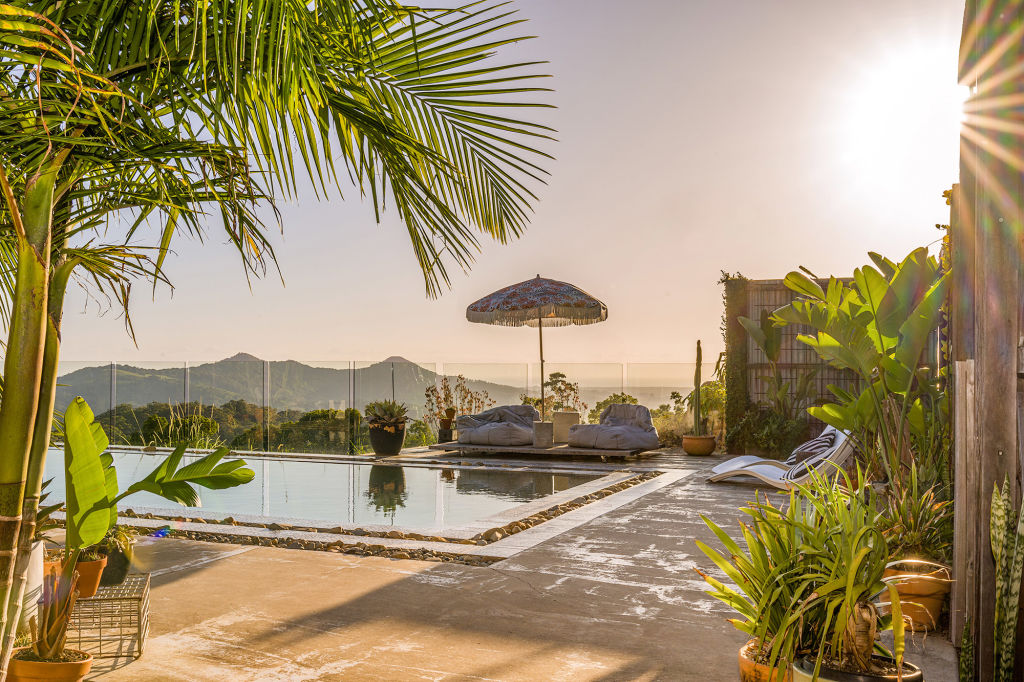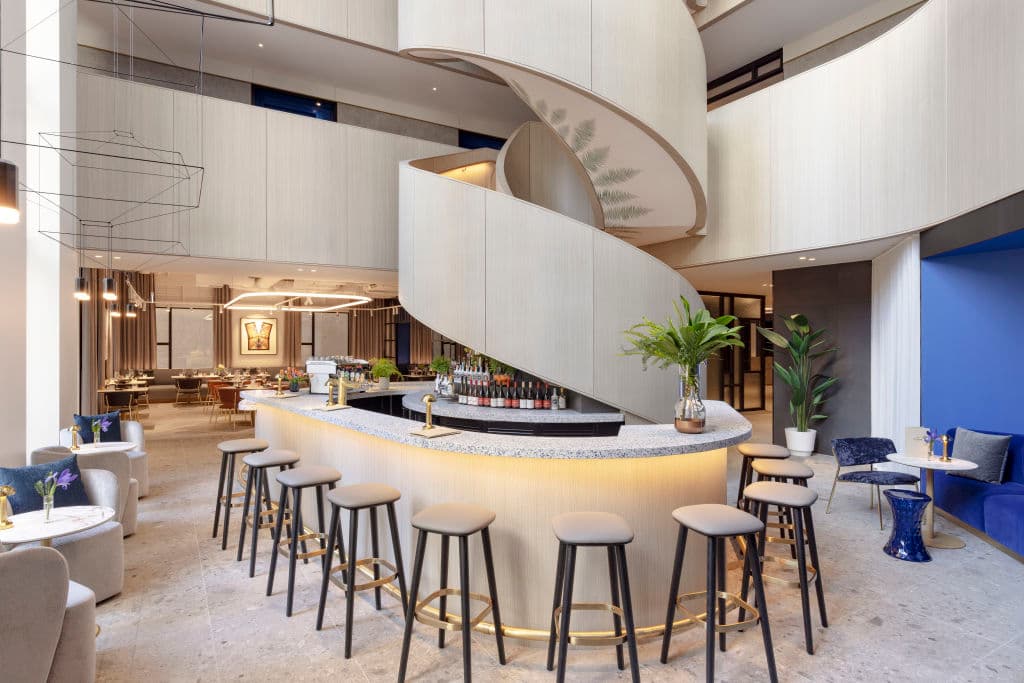
How eco and tech features drive value for guests
Hotel guests were once persuaded to book based on what comes with their room, but in an era of eco-conscious travel, it’s what’s excluded that matters more.
Sustainability and technology, such as AI, are a powerful pairing in modern hotels.
Banishing single-use plastics and slippers, reducing water waste through daily towel washing, and removing minibars is better for the planet, and most guests who try it would opt for it again, research reveals.
Smart systems streamline operations, but hotels can also utilise them to demonstrate to guests how their choices are reducing their environmental footprint. The future lies in utilising this technology to positively influence guests’ decisions.
Gen Z and Millennials are leading the demand for eco-friendly hotels. Younger holidaymakers value brands that mirror their principles, experts say.
Professor Sara Dolnicar from the University of Queensland, a researcher in sustainable tourism and consumer behaviour, put this to the test.
In a trial this year with DOMA Hotels, guests could choose a low-emissions room on booking. About 10 per cent took the offer, incentivised by a lower rate.
“You just add another product variant that says, ‘Do you want a normal room or a lower-emissions room?’,” Professor Dolnicar says. “It’s still a good arrangement for the hotel, because the savings associated with those extra services are usually higher than the discount. Everyone’s happy – the environment is better off, and the customer feels like they’ve saved a bit of money.”
The test proved that guest satisfaction isn’t compromised. Between 75 per cent and 100 per cent said they would book lower-emissions rooms again, Professor Dolnicar says.

Holidaymakers want escapism, so being environmentally aware should be as simple as reserving a room with or without breakfast, she says. “When on holidays, people give themselves a licence to sin,” she says. “So, they make the decision at the point of booking, when they are still their responsible selves.”
Ovolo Hotels chief of staff Shivang Jhunjhnuwala says many guests expect sustainability.
The company, which has six premises across Sydney, Melbourne, Brisbane, and Canberra, has partnered with EarthCheck, a sustainable tourism certification program. “Their independent benchmarking and auditing keep us accountable and ensures our practices aren’t just words on paper but measured and continuously improved,” Jhunjhnuwala says.
“Credentials alone aren’t enough; guests also want to experience sustainability in action. For Ovolo Hotels, that means things like plant-forward dining, eliminating plastics, supporting local communities, and integrating art and culture into our spaces.”
Guests can even taste the ethos. Ovolo South Yarra’s restaurant Lona Misa serves plant-based dishes. It’s been influential, winning hats and fans – reality star Kourtney Kardashian and her husband, musician Travis Barker, dined there last year.
Guest feedback has been positive. “They enjoy all the little luxuries of a boutique hotel stay without the guilt, which is a strong point of difference,” Jhunjhnuwala says.

Blackbird accommodation at Mullumbimby Creek in the Byron hinterland blends natural beauty and luxury with an energy-saving mindset.
Blackbird’s three guest pavilions are made from recycled materials. Composting, growing their own produce, sourcing from local farmers, and harnessing solar power are all standard practices.
Founder and director James Hudson is investigating how tech could provide guests with a personal report card.
“It’s more than saying, ‘I’m staying in a place that has a green tick.’ Instead we could say, ‘you’ve contributed to this, or offset that’,” he says. “That kind of thing is really appealing to the under-35 audience at the moment.”

A recent Griffith University study into using smart technology to change guest behaviour found it to be helpful in suggesting low-carbon transport options or activities, and providing feedback on the resources conserved.
It’s also becoming essential in a hotel’s day-to-day running.

Scott Hamilton, general manager of Hotel Indigo Little Collins and Holiday Inn Bourke Street Mall, which opened in Melbourne’s CBD in September, says their system acts as a concierge.
“When a guest requests their room to be serviced, the AI system receives the request and automatically sends the task to housekeeping,” he says. “The attendant is then able to complete the request directly. Traditionally, this process would involve multiple layers. The AI eliminates these steps, making the process faster, more efficient, and error-free.
“We’re all about true hospitality though, so if a guest does wish to speak with a team member this is, of course, always available.”










